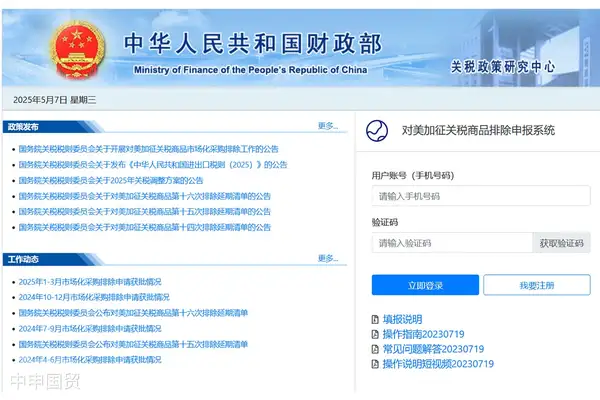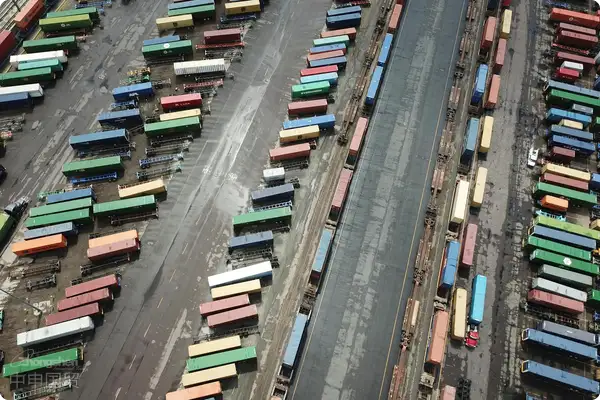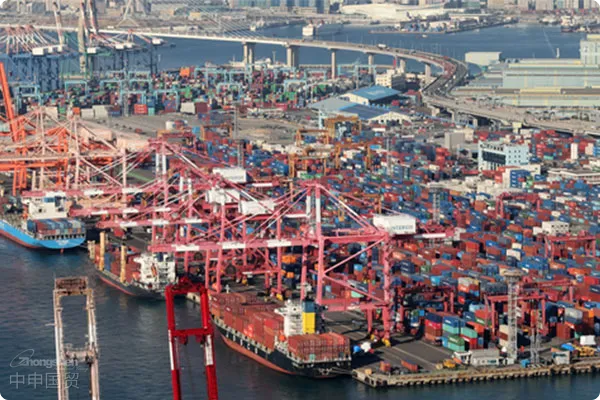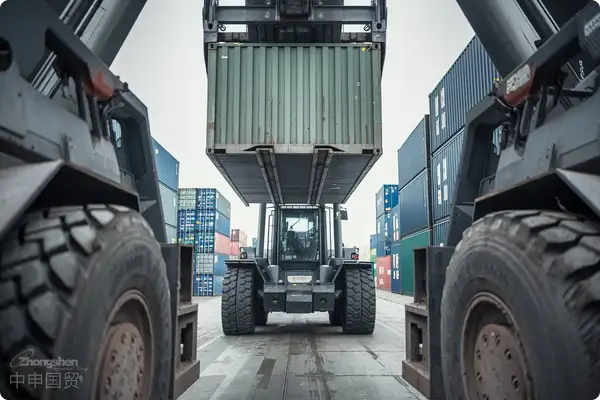- Shanghai Zhongshen International Trade Co., Ltd. - Two decades of trade agency expertise.
- Service Hotline: 139 1787 2118
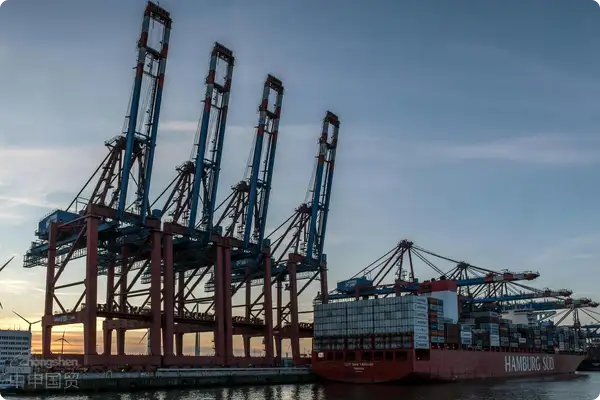
Hidden traps behind key documents
In the 2023 General Administration of Customs reported import violation cases, 38.7% of disputes originated from commercial invoice defects. Asequipment. For example, Indonesia has the SNI certification, Thailand has the TISI certification, and the Philippines has the BPS certification. It is necessary to confirm in advance the equipment voltage (such as 380V/50Hz in Thailand), the compatibility of the CE certification, and the proof of environmentally friendly materials.core documents, a seemingly ordinary commercial invoice may trigger multiple risks including customs valuation, invalid VAT deductions, and intellectual property infringement.
Eight core elements of invoice review
- Product name consistency verification
- Comparison of contract technical parameters with customs declaration elements
- Attention to specification labeling methods for multi-model equipment
- Price clause penetration analysis
- CIF and FOB clause transportation cost breakdown requirements
- Royalty fee separate listing specifications
- HS code relevance review
- 2025 new version code catalog adds 217 sub-items
- Early warning on changes to the classification principles of core components
Response strategies for typical dispute scenarios
Case 1:A precision machine tool importer was required to pay 870,000 yuan in back taxes and late fees due to undeclared software upgrade costs on invoices, which customs deemed as false declaration. The solution is to specify cost structures in contract addendums in advance.
Case 2:A German equipment manufacturers proforma invoice lacked a country of origin declaration, raising customs doubts about preferential treatment eligibility. It is recommended to request suppliers to provide invoice attachments certified by chambers of commerce.
Key points of new customs declaration regulations for 2025
- Electronic invoice upload deadline shortened from 15 days to 72 hours
- Used equipment requires additional technical condition assessment reports
- Products listed in the Made in China 2025 catalog will undergo dual-track review
Three-layer protection system for compliant operations
First layer:Clearly define invoice preparation standards in trade contracts and include deviation compensation clauses. It is recommended to use the latest INCOTERMS? 2025 version.
Second layer:Establish a three-party verification mechanism between suppliers, agents, and importers, with special focus on checking transportation surcharges, technical training fees, and other special items.
Third layer:Utilize the pre-classification ruling system to apply for price pre-approval from customs for high-value equipment in advance.
Core Value of Professional Agency Services
A certain provinceImport RepresentationTrade association data shows that companies outsourcing invoice processing to professional agencies experience an average 2.8-workday improvement in customs clearance efficiency and a 64% reduction in customs queries. By establishing global supplier databases, implementing dynamic compliance alerts, and deploying AEO-certified expert teams, professional service providers are building complete closed-loop systems for invoice risk prevention.
Related Recommendations
? 2025. All Rights Reserved. Shanghai ICP No. 2023007705-2  PSB Record: Shanghai No.31011502009912
PSB Record: Shanghai No.31011502009912
